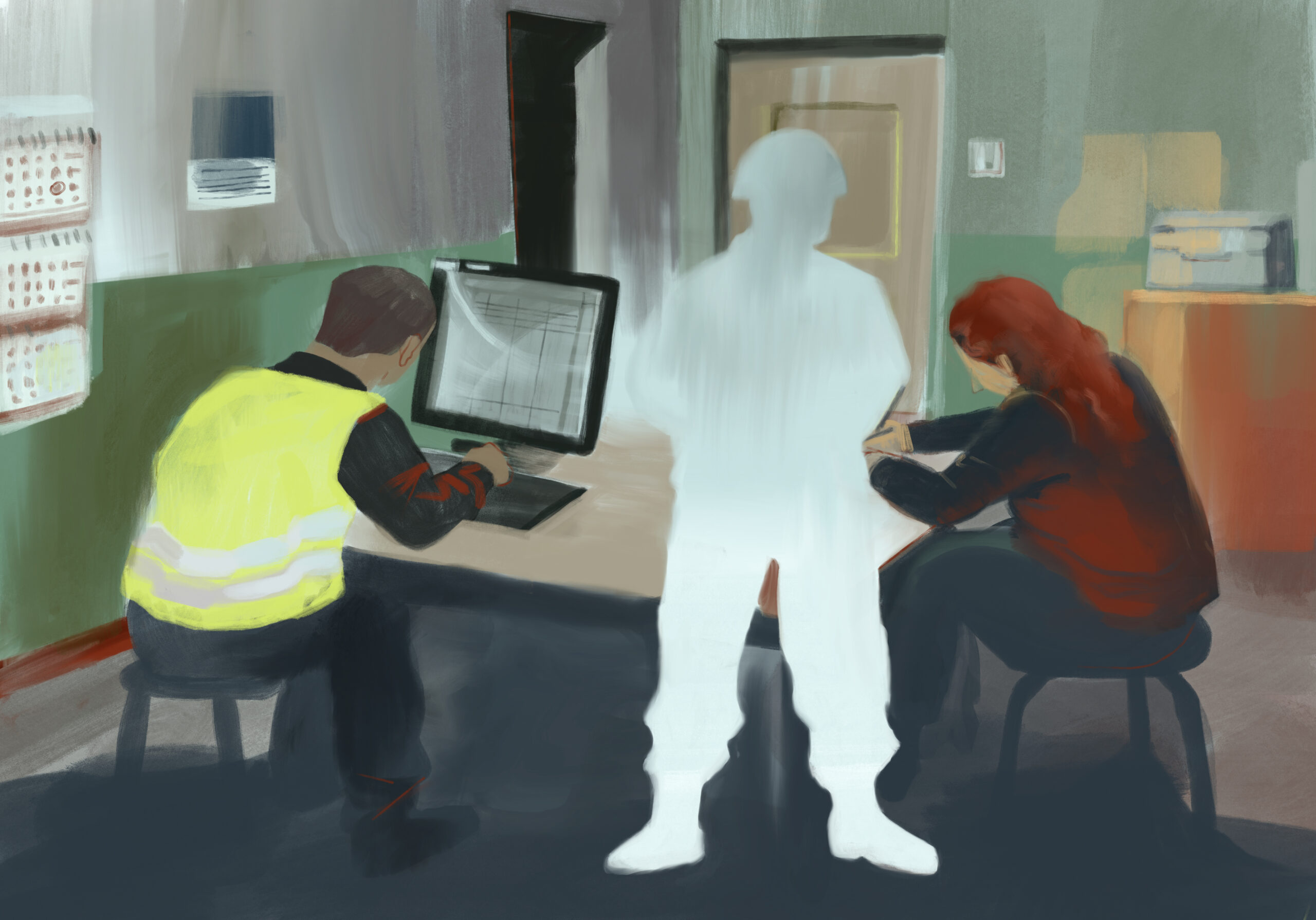
The goal of the study was to describe the experiences of families of missing military service members, analyze existing practices of their interaction with state agencies, identify the strengths and weaknesses of this interaction, and uncover the challenges faced by these families as well as their needs for additional support. We focused on the stages that the relatives of missing service members go through, particularly examining their interactions with Territorial Recruitment and Social Support Centers, the National Police, and other government bodies and non-governmental organizations, the issues of informing and communicating with the relatives of missing military service members. Additionally, the research covered issues of legal assistance, monetary payments and benefits, social support, and the impact of a loved one’s disappearance on the psycho-emotional state, general health, and social environment of the families.
For this study, a qualitative strategy for data collection and analysis was employed. We conducted 15 semi-structured in-depth interviews and 10 focus group discussions with the mothers and wives of missing military service members (in some cases, with sisters and daughters who conveyed the experiences of their parents). This study focuses on the experiences of people whose loved ones went missing after the start of the full-scale war, so the experiences of families whose loved ones went missing before 2022 require further study. Additionally, the study participants mostly did not have experience receiving social services or benefits, so we were unable to capture in detail the difficulties families face in this aspect.
Key conclusions
On their path from receiving the news of a loved one going missing, families were forced to interact with a large number of bodies and institutions. However, it was not clear for the informants what the powers and responsibilities of each body were and which requests they could address to it. The absence of a single agency to approach for all issues and a contact person who could accompany families through all stages significantly burdened the experience of families of the missing people.
One of the key issues that consistently affected all stages of the experience for the relatives of missing military service members was the lack of proper informing. The quality of informing depended on the initiative of individual representatives from the Territorial Recruitment and Social Support Centers (TRSSCs) or military units. Information provision by the TRSSCs, which were usually the first agency which relatives of missing military service members interacted with, was mostly inadequate: communication was reactive rather than proactive, and there was a lack of explanation of the algorithm of action. As a result, the relatives of missing military service members had to make an effort to understand what steps they needed to take.
Relatives of missing military service members often did not receive sufficient information and lacked a comprehensive understanding of the search process and the roles of various bodies and search organizations. Families frequently conducted their own search efforts, citing the insufficiently effective work of search organizations and ineffective communication from them. Their own searches and the lack of informing about the dangers of certain actions increased the likelihood of encountering danger and fraud.
A widespread problem was impolite communication and disrespectful treatment, inattentiveness to the relatives’ mental state by the staff members of various government bodies, particularly TRSSCs, the National Police, military units, etc. The experience of interaction with these bodies depended to a significant extent on the specific staff members who communicated with the families of missing military service members.
Despite having the right to receive financial support for a missing military service member, some families faced difficulties with this. Inadequate informing sometimes led to situations where relatives did not receive payments or only managed to arrange them after some time. Regulatory documents do not account for all possible family situations, so some relatives of the military service member may be left without financial support. This can cause conflicts among family members and create a sense of injustice. Informing about social payments, services, and benefits available to the families of missing military service members is insufficient and non-systematic.
Lack of proper informing and communication leads to difficulties of legal nature and to the need to seek legal assistance. Families of missing military service members have encountered a lack of lawyers specializing in military law, a lack of funding to obtain legal assistance, they did not have enough information about opportunities to receive free-of-charge legal assistance and compensation of costs for legal services.
Relatives of missing military service members face difficult emotional experiences and need support. However, informing about the opportunities to receive mental health support was insufficient, which prevented the families from seeking the help of professionals on time. Another obstacle to obtaining mental health support was the lack of qualified specialists working with families of missing people in their community. The health of relatives of missing military service members also undergoes negative changes, which increases the need to seek professional medical help.
The social circle of the families of missing military service members underwent changes, of which the most significant was building relations with other families of missing military members. This communication played an important role at all the stages which the families went through; in particular, it helped obtain information when there was insufficient informing by government bodies, played the role of psychological support, and allowed them to advocate for their needs together.
Support Cedos
During the war in Ukraine, we collect and analyse data on its impact on Ukrainian society, especially housing, education, social protection, and migration
















